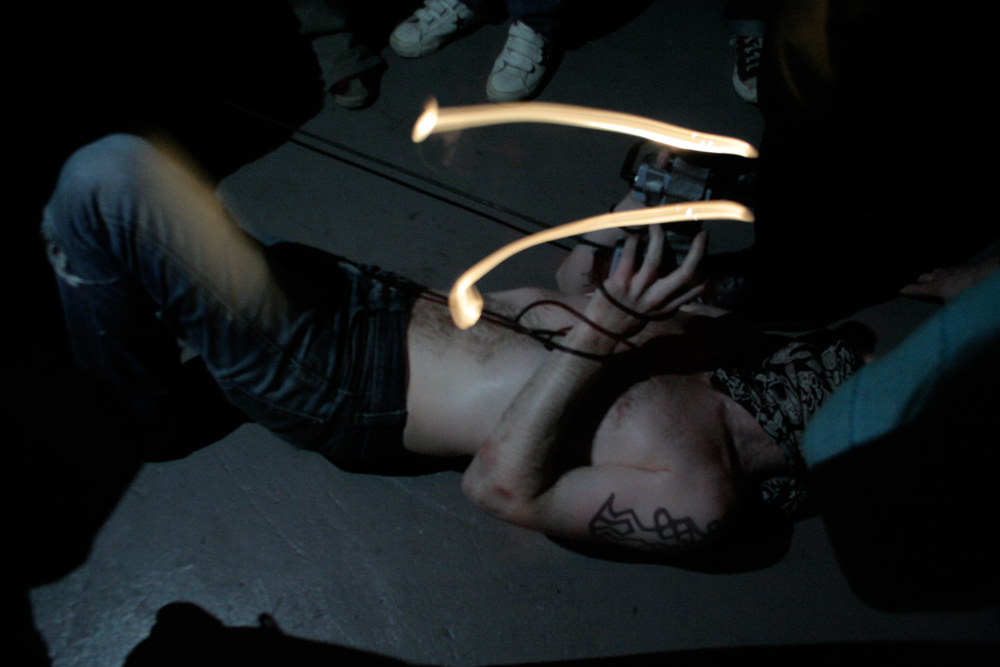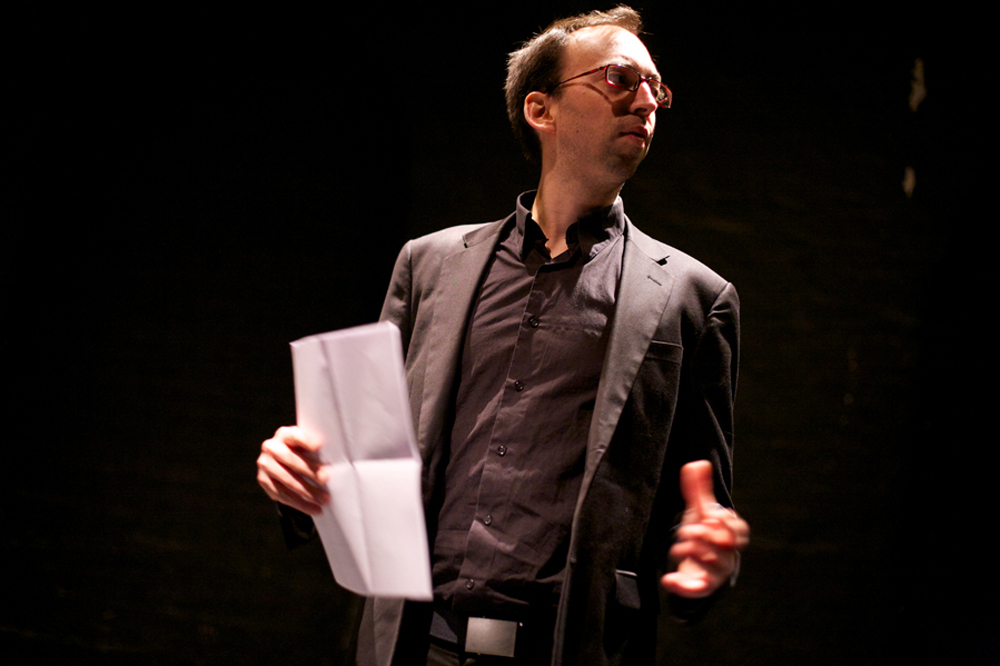
Future Ruins: transfeminism, austerity and the archives
Jay Bernard Mijke van der Drift Nat Raha
Radical transfeminism aims to hold the space for finding relations between the ruins of the everyday. Emerging from the debris, spaces for politics find form as poetics to carry understandings, actions and be/longings.













